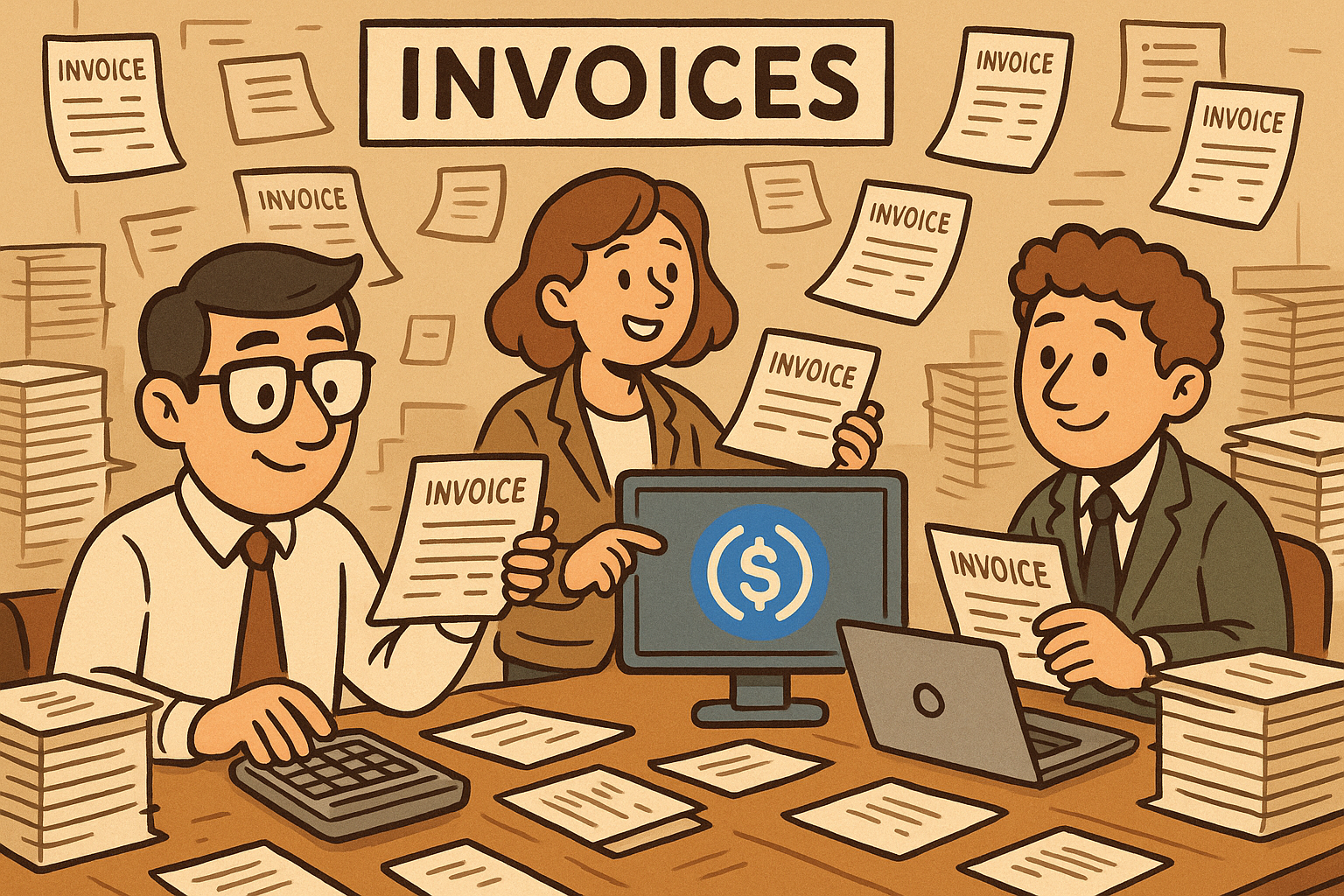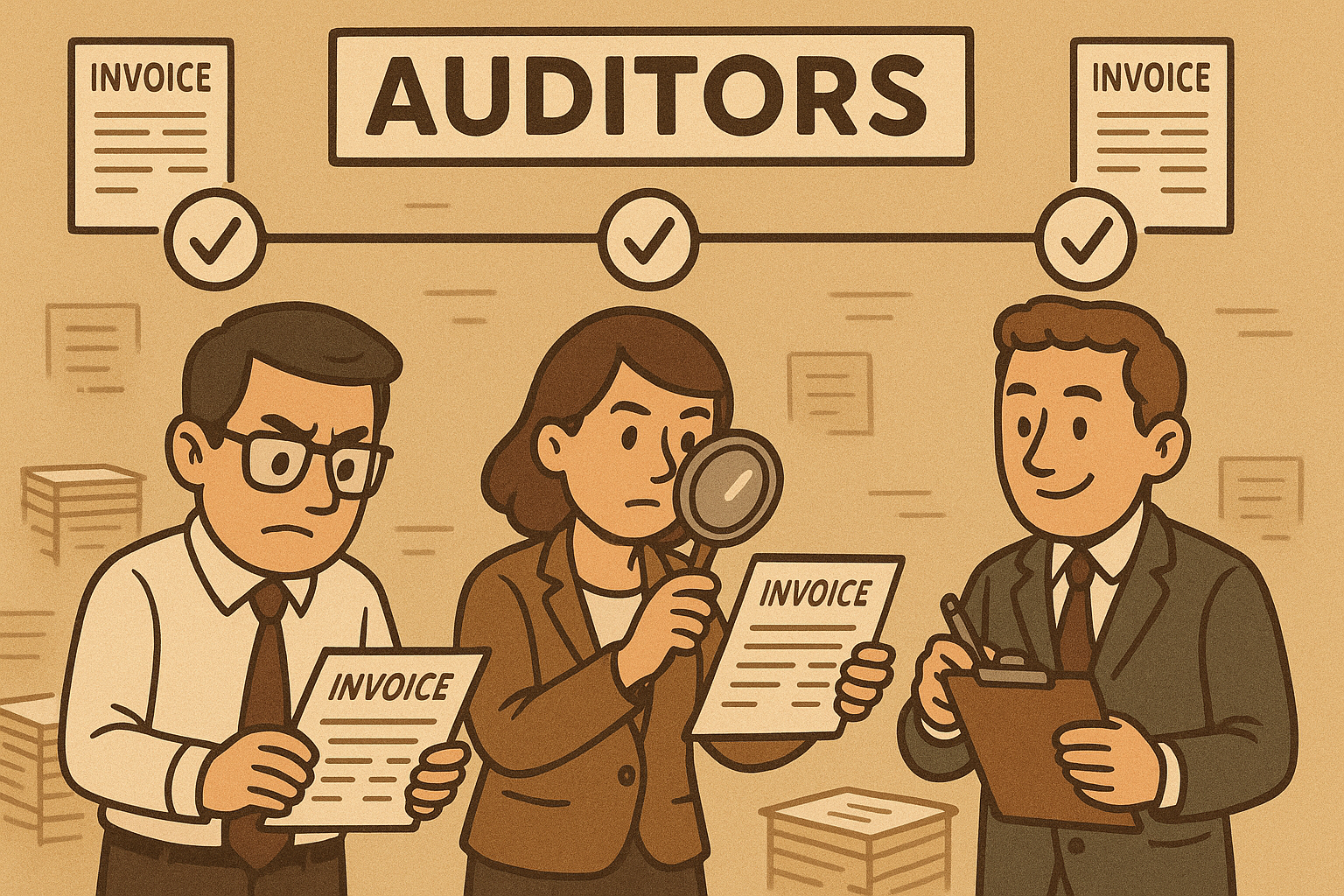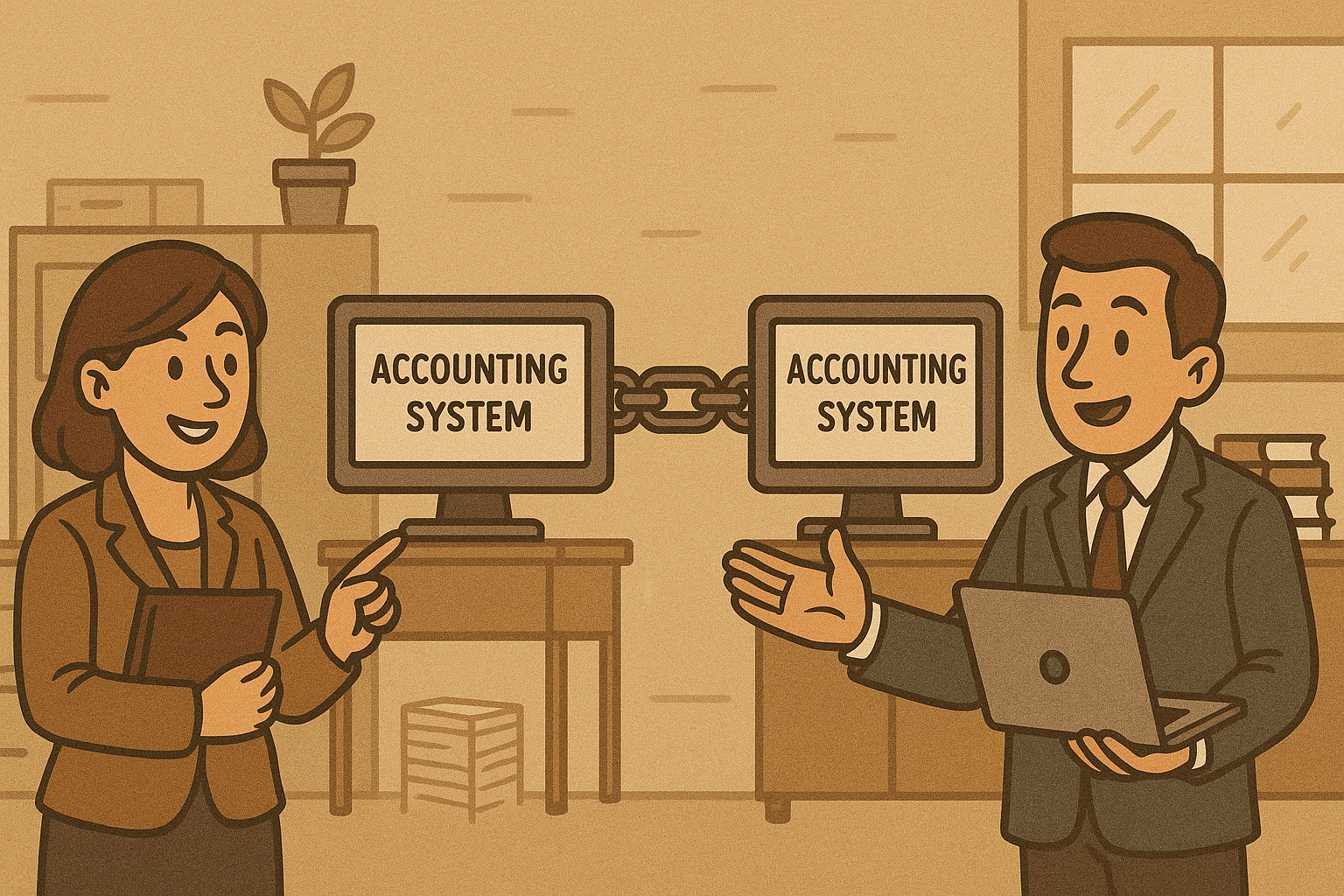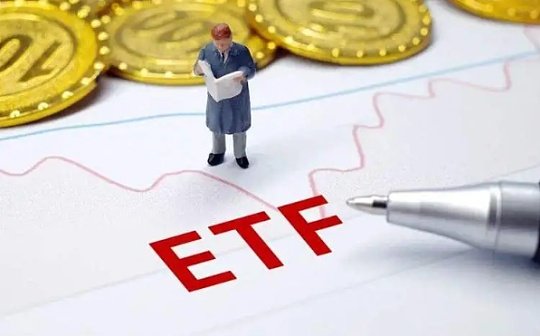In 2021, the Indian Ministry Office of Corporate Affairs mandated that “every company which uses accounting software for maintaining its books of account, shall use only such accounting software which has a feature of recording audit trail of each and every transaction, creating an edit log of each made in books of account along with the date when such changes were made and ensuring that the audit trail cannot be disabled” (Economic Times, 2021).
Companies only had a 7-day window to comply with these changes. Needless to say that 7 days is not enough time to switch or change software and train your staff…
Using software that automatically records all journal entries, balances,... on a decentralised ledger has a significant advantage over standard software. Not only does it allow your company to have an easy-to-audit trail, it also allows you to switch accounting software with less hassle.
Making a switch is rarely a smooth process. It involves verifying balances, matching transactions, and double-checking records between systems — all while trying to avoid business disruptions and financial discrepancies.
This article explains how integrating Request Network, a blockchain-based financial platform, can help companies migrate accounting systems while maintaining data accuracy, security, and integrity.

What Is Request Network?
Request Network is a decentralized platform built for managing financial transactions on-chain. It enables businesses to store and access encrypted financial data transparently, with full control over who can see what.
To date, over $1 billion in payments have been processed through Request Network. Companies like Aave, Deloitte, and PwC already rely on it to support their finance and audit operations.
Why Blockchain Matters for Accounting Transitions
Data Security
With blockchain, financial records are tamper-proof. Once recorded, a transaction can’t be changed — reducing the risk of both fraud and human error.
Transparency and Auditability
Every transaction is logged in a traceable way. Auditors and accountants can verify data quickly, without needing to cross-check separate systems.
Format Consistency
Because blockchain uses a standardized format to store data, it's easier to transfer records between systems — regardless of the structure used in your legacy or new software.
Controlled Access
Sensitive data can be encrypted and shared selectively, so only authorized parties — like auditors or finance teams — can access it.

How Request Network Supports Migration
One of the key advantages of Request Network’s infrastructure is that all transactions are stored on-chain, which also simplifies the process of switching accounting software:
-
Immutable Records: All financial transactions are securely stored on-chain, providing a verifiable source of truth.
-
Real-Time Sharing: Easily grant access to external auditors or internal teams without relying on email or exports.
-
Cross-Platform Compatibility: Request Network can be integrated in any accounting tool and ERPs, reducing migration headaches.
-
Crypto-Friendly: Accept and reconcile payments in crypto across various chains natively.
By integrating Request Network, companies can build a live, decentralized accounting trail — ideal for both traditional finance teams and Web3-native businesses. Enterprise systems like SAP, Oracle, and Microsoft can also adopt these tools to automate financial record-keeping on-chain.
Conclusion
Switching accounting software doesn’t have to be a high-risk project. By integrating Request Network, businesses can:
-
Maintain accurate and secure financial records
-
Reduce time spent on reconciliation and audits
-
Lower the risk of fraud or data loss
-
Share data selectively and transparently
An immutable, blockchain-based accounting trail provides the confidence needed during system migrations — ensuring your data is safe and accurate.
Furthermore, it provides real-time data for financial teams and auditors.
Interested in using Request Network for your project? Have a look at the developer documentation!





评论 (0)